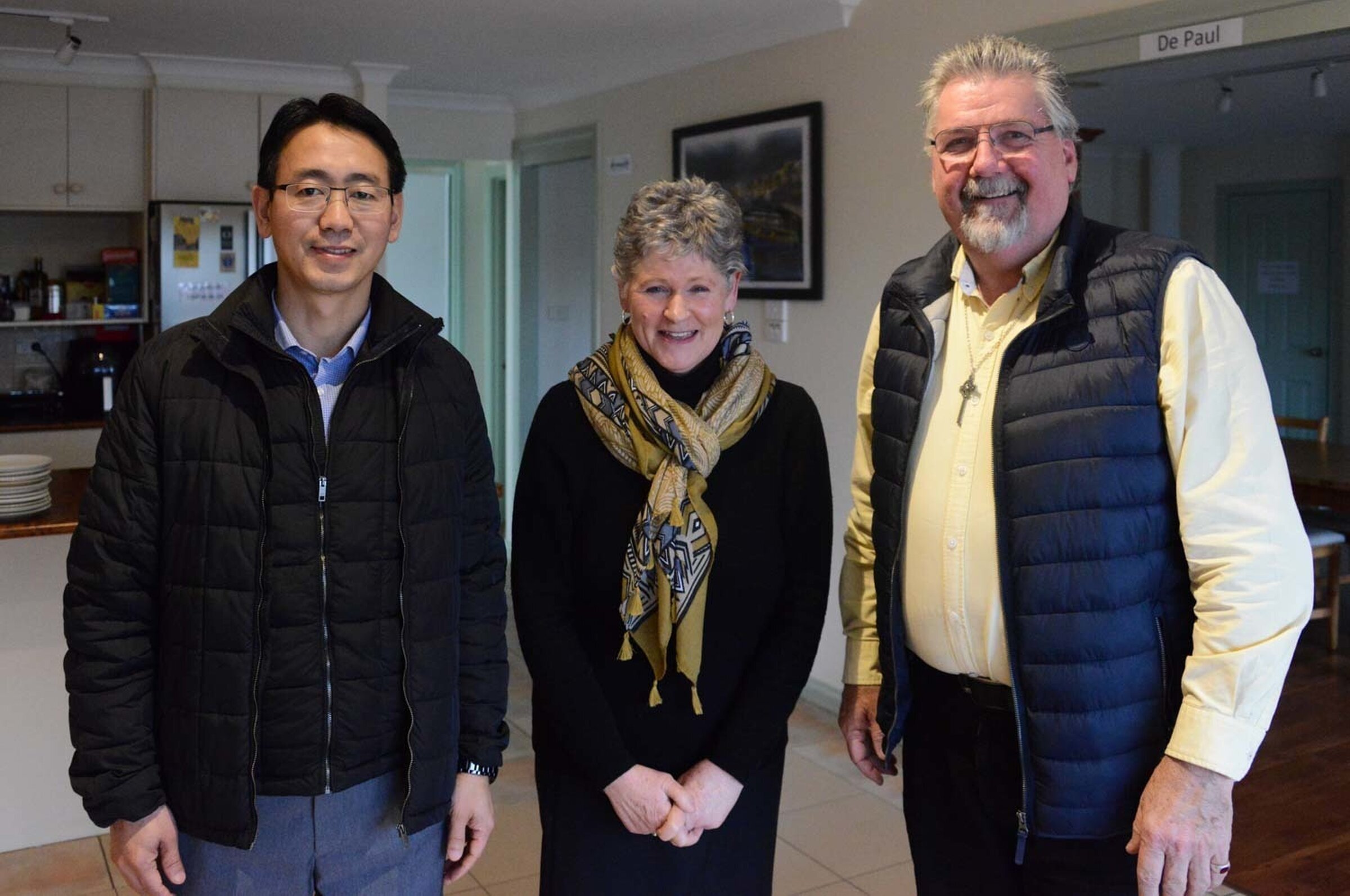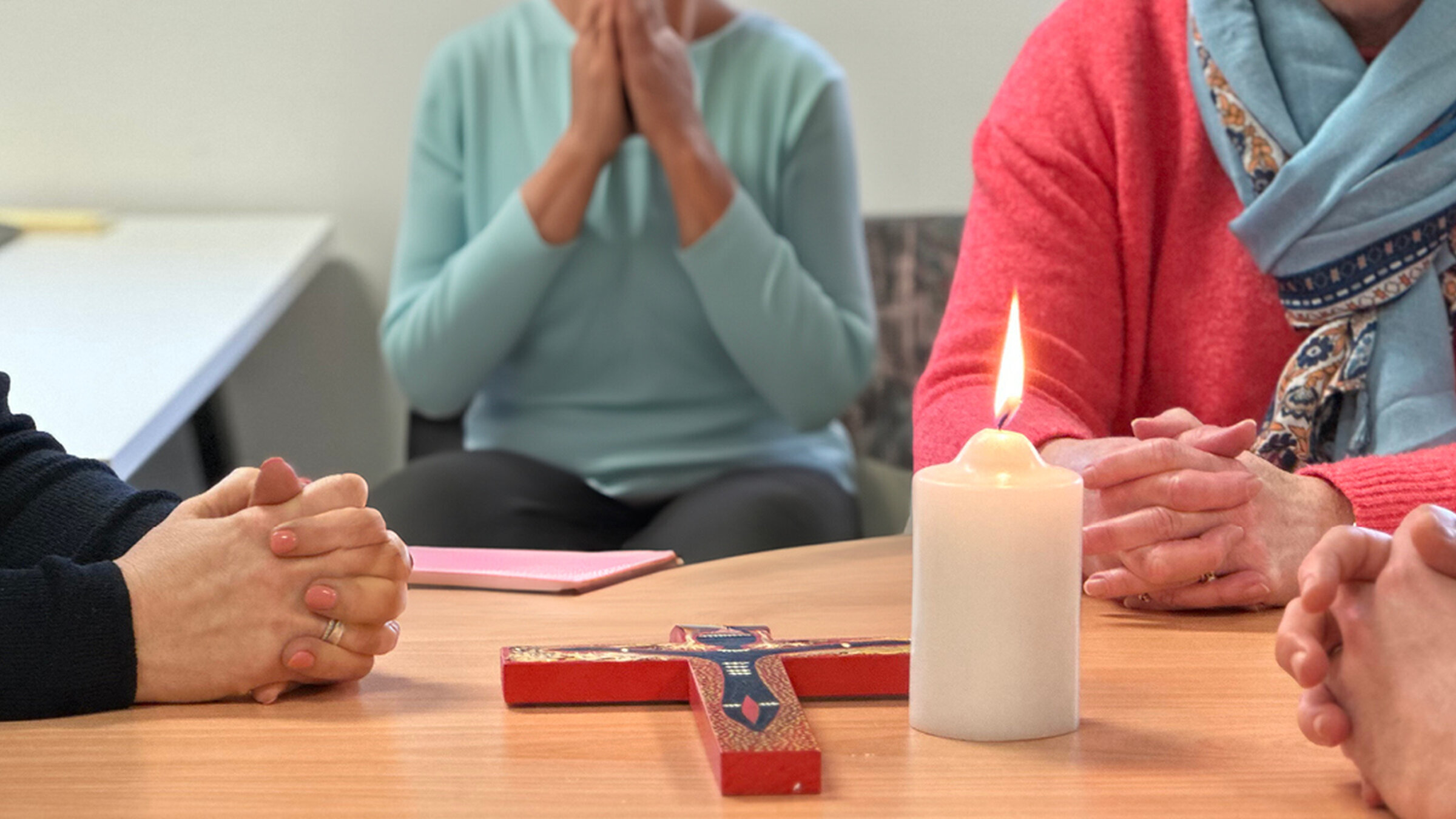At the heart of discernment is listening.
When we think of discernment, our minds may go straight to the decision-making: the weighing of options or choosing between different paths in life.
While decision-making is crucial to discernment, within the Catholic tradition discernment also refers to something much broader and deeper. Discernment, that process by which we discover God’s will for us, is about becoming spiritually aware.
It is about listening to the inner stirrings of our hearts, to our reason, to the sources of God’s revelation, the teachings of Christ’s Church, and to those around us.
It is also about sifting: patiently learning to distinguish the voice and promptings of God from everything else.
As we deepen our spiritual awareness of the many voices competing for our attention, we will be more receptive to the movements of God when they do come, allowing us to say: ‘Speak, Lord; for your servant is listening’ (1 Sam 3:10).
How do we begin this process of discernment? How do we listen to where God is leading us, our leadership teams, and our parishes?
There are many tools to help the discernment process. For the Take the Way of the Gospel Parish Resource Guide, the tool we will use is Spiritual Conversations.
What are Spiritual Conversations?
Spiritual Conversations have been used locally, nationally, and internationally as a way to reflect more deeply on a given theme and invite the Holy Spirit into contemplative conversation around that theme.
They are an opportunity to pause, to breathe deeply and take stock of where we are right now.
Pope Francis wrote, ‘The Church urgently needs the deep breath of prayer,’ reminding us of how indispensable prayer is to the life of God’s people (Evangelii Gaudium §262).
Spiritual Conversations are a chance to take that deep breath of prayer together.
What makes them unique is also that, during these conversations, everyone’s voice is heard. Everybody is given an equal space to share what is on their hearts and minds during the experience.
As a result, participants must be comfortable with silence, open to spontaneity, and attentive to the thoughts and experiences of others.
To guide you, linked below are some tools for discerning parish viability in the context of a Spiritual Conversation. A Facilitator’s Guide is available for whoever is leading the conversation, and a separate one for participants.
We hope this tool will help you listen deeply, both to your own wisdom and the wisdom of those with you. We pray your discernment will bring life, freedom, and transformation to your community, and with it, Melbourne.

Free to change our minds
‘Prayer is integral to everything we do,’ Fr John Healy says.
Calling on the power of the Holy Spirit has been at the heart of the parish’s journey, with prayer and discernment playing a central role in any decisions. Each weekly leadership meeting starts with prayer, as do the monthly mission team meetings, and the team takes whatever time is needed to come to a decision.
As Franca explains, ‘Discernment is about patience and listening to the whispers within me, and those around me. There’s an element of trust and prayer, and it’s about waiting and having the wisdom to know if it’s the right time or not.’
Fr John shares that following an intentional time of discernment and prayer, a number of decisions resulted in a ‘no’ rather than a ‘yes’.
‘It’s important that we’re free to say “no” or to change our mind,’ says Fr John. ‘There’s nothing wrong with that.
‘We’ve learnt that we need to constantly listen to each other, talk, think and reflect, and perhaps come back to something at a later time. And that’s okay.’
Prayer and discernment moved other decisions and aspects of parish life from discerning what resources will help them respond to the Archbishop’s Take the Way of the Gospel call, to parishioners calling on the Holy Spirit before every Sunday Mass; from making key decisions about new initiatives to informing the basis of their seven ministries.


